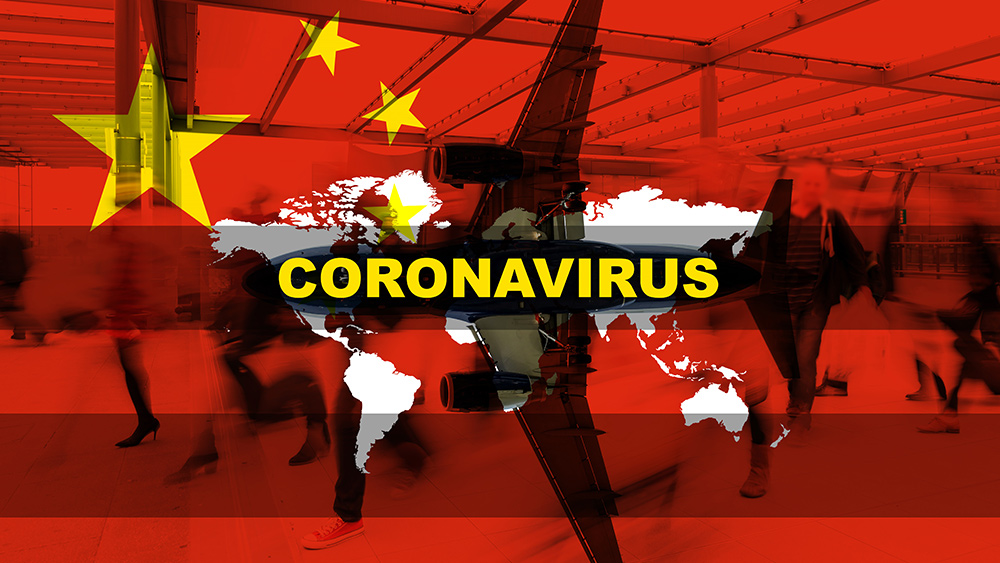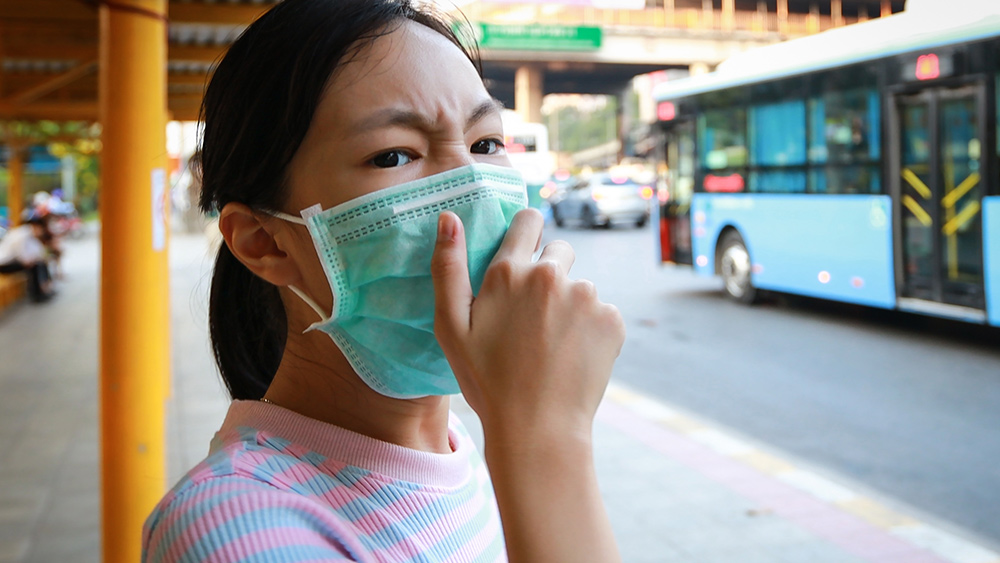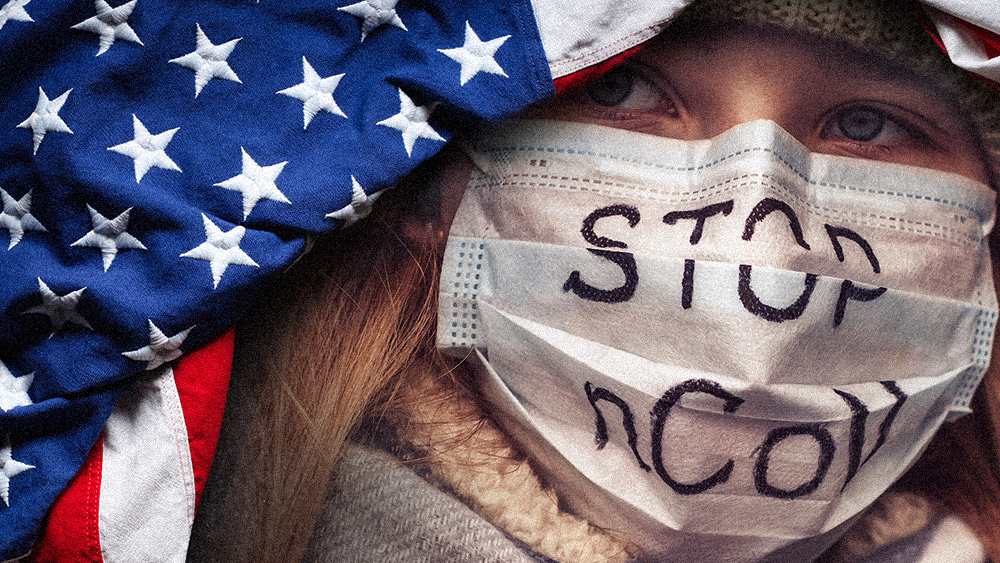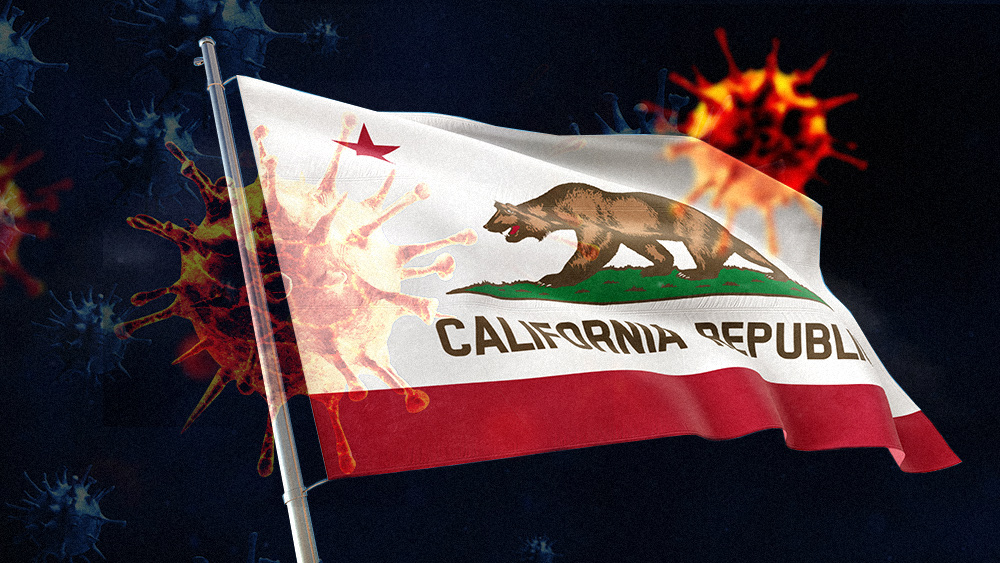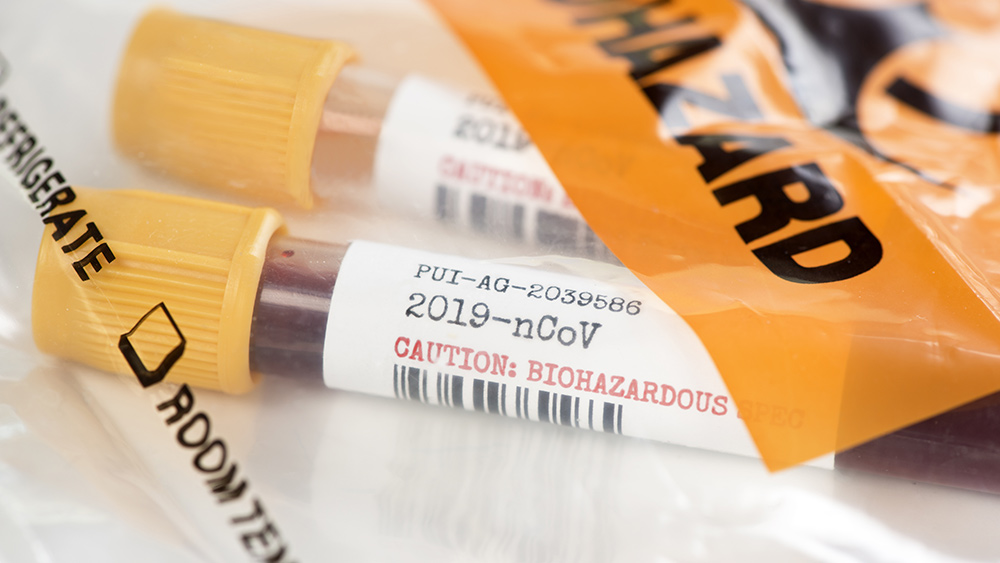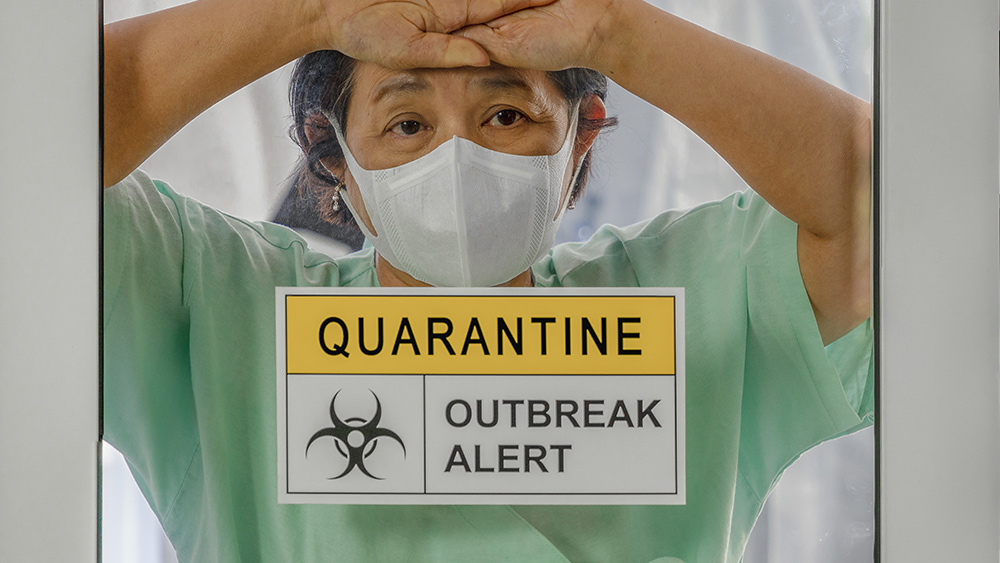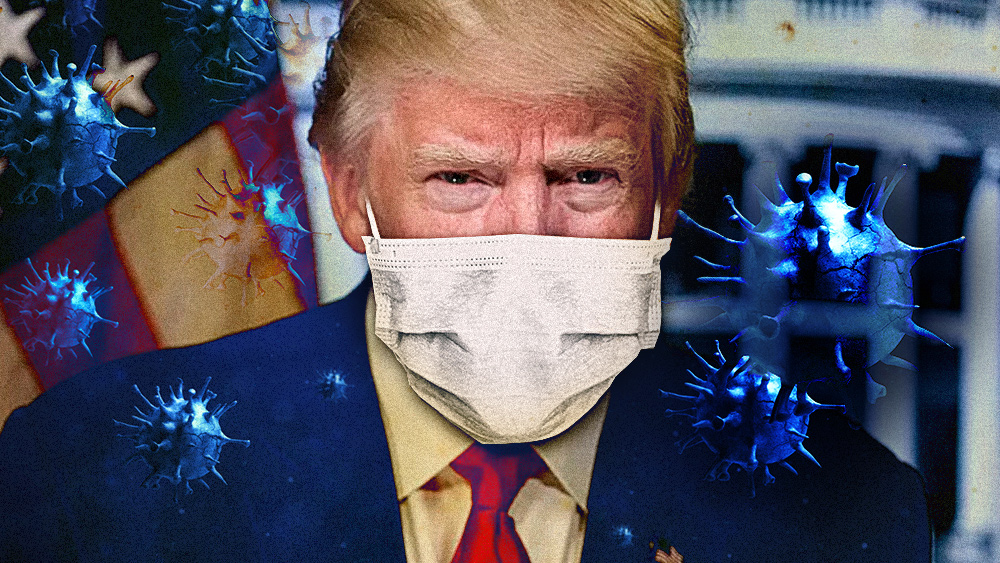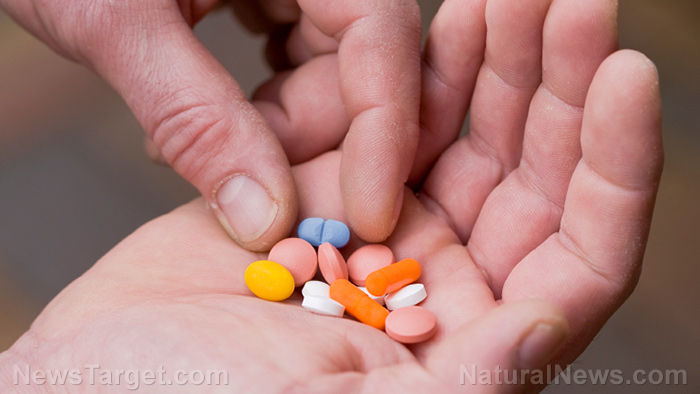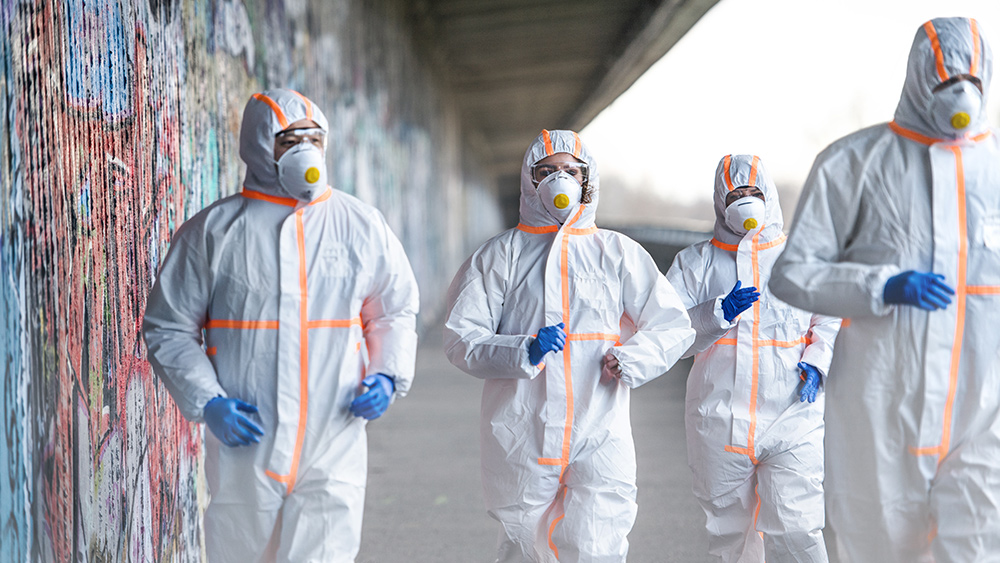COVID-19 fears send global markets into a tailspin, U.S. stock market closes its worst week in 10 years
02/29/2020 / By Ralph Flores

The U.S. stock market capped its worst week since the 2008 financial crisis on Friday, with all major stock indexes tanking over worries that COVID-19 could potentially end one of the longest economic expansions in history and send the global economy into recession.
The CDC reports 15 confirmed COVID-19 cases in the U.S., as well as 45 COVID-19 cases from people repatriated from Wuhan, China or the Diamond Princess cruise ship, as of press time. (Natural News readers can view more reliable numbers at Pandemic.news.)
As the coronavirus continued to crush the stock market last week, Federal Reserve Chairman Jerome Powell released a statement to ease investor concerns:
The fundamentals of the U.S. economy remain strong. However, the coronavirus poses evolving risks to economic activity. The Federal Reserve is closely monitoring developments and their implications for the economic outlook. We will use our tools and act as appropriate to support the economy.
While the statement helped the S&P 500 to pare some of its losses – closing the day down 0.8 percent, the damage from the week of relentless selling left all three U.S. markets reeling with historic losses: The Dow Jones Industrial Average plummeted 3,583 points (12.4 percent) – extending its losing streak to five days – while the Nasdaq Stock Market and the S&P 500 turned in their worst week since 2008 with losses at 10.5 and 11.5 percent, respectively.
Microsoft and Apple – the two most valuable companies in the S&P 500 – lost a combined $300 million, and all 11 of its sectors have fallen into negative territory. Many companies have also readjusted their annual target revenues, and economists have lowered their forecasts for global growth following COVID-19.
Earlier last week, Microsoft warned that it will miss its target revenue for the fiscal third quarter following the impact of the coronavirus on its production in China. It has since shed $232 billion in market cap in the past seven days on Friday. Other companies, including Apple and Mastercard, have updated their guidance and slashed their market caps to reflect the coronavirus fallout.
“This has been really quick, really deep and, in some respects, unbelievable,” said Adams Funds CEO Mark Stoeckle in an interview with the Wall Street Journal. “I believe the market will continue to sell off.”
The losses also meant that these indexes fell into what market watchers call a “correction,” or a 10 percent drop in stock from a recent peak. The last time the market was pushed into correction territory was in late 2018, following tensions and an escalation tariff war with China.
President Trump told reporters on Friday that he hopes that the Fed would step in.
“I hope it gets involved soon,” Trump said, before departing for his rally in North Charleston, South Carolina.
This week’s effects felt worldwide
Global markets plummeted due to increasing fears about COVID-19. The STOXX Europe 600, which represents capitalization companies across 17 companies in Europe, also entered correction territory, losing 12 percent this week. Stock markets in the U.K. and Germany were also routed this week, dropping by 11 and 12 percent, respectively. Major indexes in Asia did not fare any better: The Korea Composite Stock Price Index (KOSPI) in South Korea dipped by eight percent, following the sudden surge of COVID-19 cases, while Japan and Hong Kong closed the week with significant losses.
Elsewhere, the virus has already started to disrupt global supply chains, with many retailers reporting delays in shipments from China. The U.S.-China Security Review Commission stated in a recent hearing that over 97 percent of all antibiotics are made in China. The Food and Drug Administration has already received its first report of a drug shortage related to the coronavirus outbreak late Thursday, but refused to identify the manufacturer of the product.
Major retailers like Costco and Amazon report running out of emergency food kits and hand sanitizers – even as the latter pulled off products labeled “coronavirus,” including sanitizing products that could potentially kill the virus on surfaces.
“This feels different than the other market crisis in that it involves disruptions to daily life,” said Moody’s Analytics Mark Zandi, in an interview with the New York Times. “This isn’t financial. This is not some obtuse thing on a screen. Schools may close. I may not be able to get pasta or oatmeal.”
See MarketCrash.news for more coverage of financial markets.
Sources include:
Tagged Under: Amazon, Apple, business, Collapse, correction period, Costco, Dow Jones, economic collapse, economy, finances, financial crisis, market cap, Microsoft, NASDAQ, risk, S&P 500, stock market, supply chain, Wall Street

